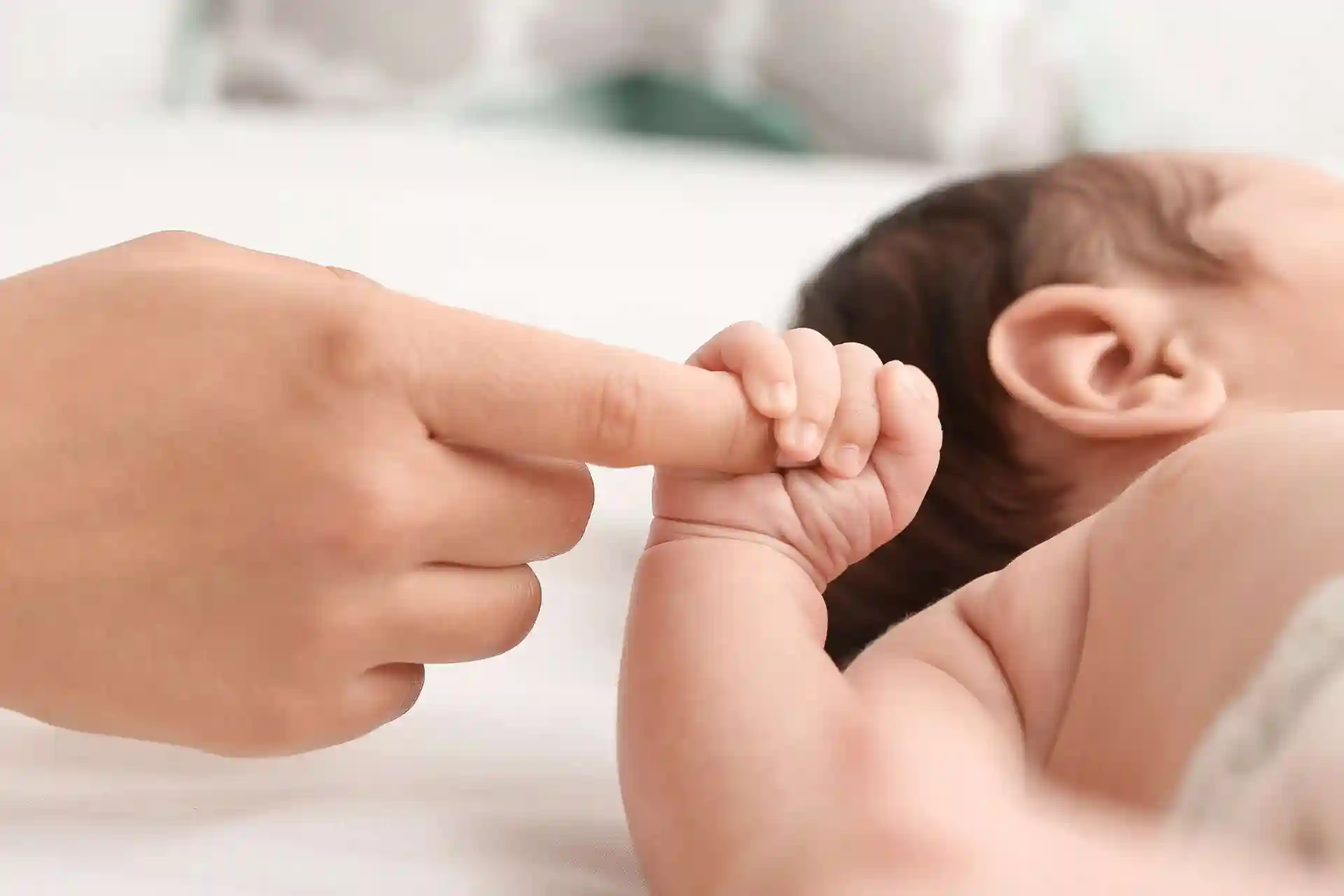23.06.2025 17:30
83
Is Turkey on the verge of a demographic crisis?
The Turkish government is concerned: the number of births in the country is steadily decreasing. According to official data, in 2001 the total fertility rate was 2.38, and by 2024 this figure had fallen to 1.48. That is, the number of children born to a woman during her reproductive years is less than two. It is known that the decline in fertility causes a number of demographic, social and economic problems. For example, the labor force is shrinking, and the increase in the number of elderly people increases the burden on the social security system.
Turkey's population is currently around 86 million. Experts predict that by 2050, the population will reach 93-94 million. After that, it will start to decline, and by 2100, Turkey's population will drop to 77 million. The declining birth rate also means an aging population: the Turkish Statistical Institute estimates that the average age of the population in 2100 will be 52.2.
President Recep Tayyip Erdogan has long been urging every family to have at least three children. Statistics show that the head of state's request is not being heeded. The government has taken urgent measures: 2025 was declared the Year of the Family, financial assistance was provided to young mothers and young people getting married, etc.
So why is the birth rate declining in Turkey? To answer this question, it is necessary to analyze a number of socio-economic factors.
Does urbanization lead to population decline?
In 1950, about 25 percent of Turkey's population lived in cities. In the second half of the 20th century, rural-urban migration and urbanization intensified. Today, 67.2 percent of the country's population lives in densely populated cities, which occupy only 1.6 percent of the country's territory.
At the beginning of the 20th century, American demographer Warren Thompson spoke about the stages of demographic transition and stated that in the final, modern stage, industrialization, urbanization, improved education, and a number of other factors led to a decrease in both birth and death rates, that is, a decrease in population size.
Urbanization means an increase in the number of apartment buildings and a decrease in the living space for people. This is what happened in Turkey: the number of families living in small apartments increased, the traditional family structure changed, and the number of small nuclear families, consisting of parents and a small number of children, increased.
Living in a city is more expensive: more money is spent on housing, childcare, education, healthcare, etc. As a result, families start planning the number of children they have. Statistics also confirm this idea: in 2009, the average family in Turkey consisted of 4 people, and in 2024, it will consist of 3.1 people. In 39 of the country's 81 provinces, the number of people in a family does not even reach 3 people.
Do educated women have fewer children?
Yes, statistics in Turkey show that as women's education level increases, they have fewer children. For example, in 2024, while mothers without higher education had an average of 2.65 children per mother, this figure was 1.22 for mothers with higher education.
Factors such as education and employment also lead to a later age of childbearing. In 2001, Turkish women gave birth to their first child between the ages of 20 and 24, while by 2024, this figure had risen to 25 and 29.
Women who graduate from university and receive their diplomas naturally want to work. In general, among women who want to work, some want to help their families, while others want to become financially independent ("not depending on my husband"). According to the latest data, 32.6 percent of Turkish women work. The government seems to be dissatisfied with this figure, as it aims to increase the share of working women to 36.2 percent by 2028.
Should a poor woman work or give birth?
Murat Şenturk, a sociologist and professor at Istanbul University, believes that the more education and employment are supported, the more childcare support should be increased. Only then will families start thinking about having more than one child.
Pull your own cart.
It would also be beneficial to look at the issue from a socio-cultural perspective.
In Turkey, especially in cities, young people start living separately after getting married.
When it comes to starting a family, the main burden falls on the groom: he has to find a house, furnish it, and give the bride gold or gold jewelry. When the bride's side says, "Don't rent a house, have your own house," the task becomes even more difficult.
That's why young men think that they should work first and recover economically, and that after they get married, they will have to pull their own cart. And getting back on their feet takes time, and you see, the young man is approaching thirty, or even beyond.
Muhammad Sharif

